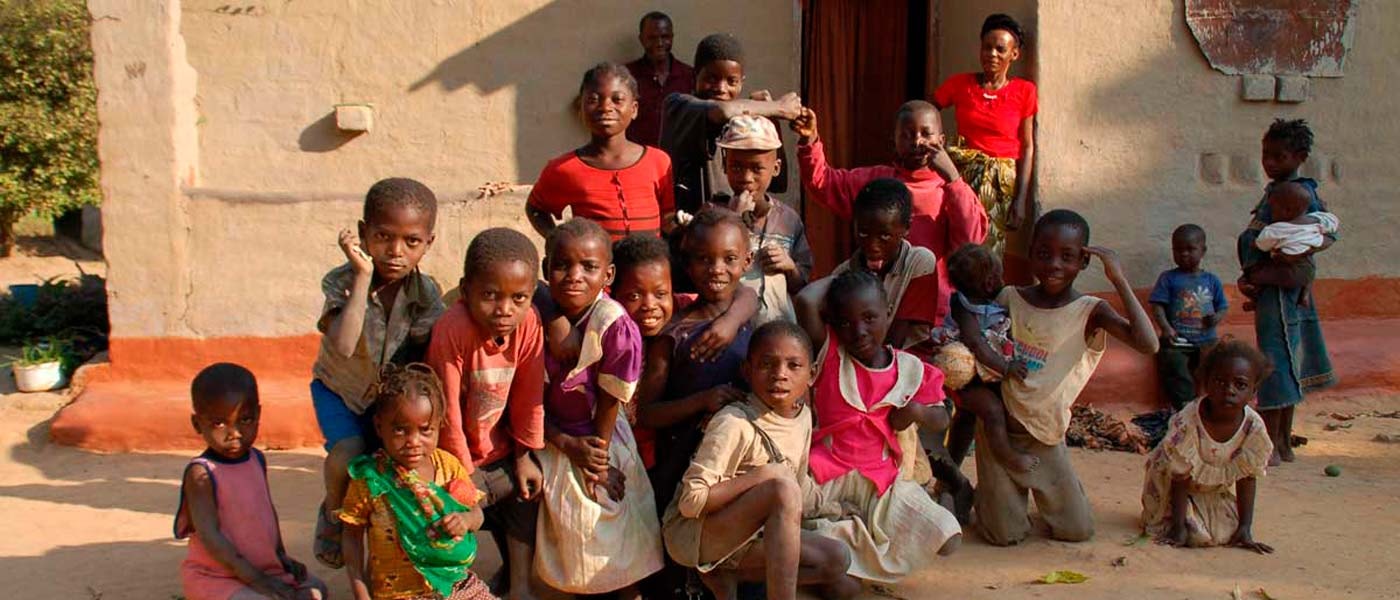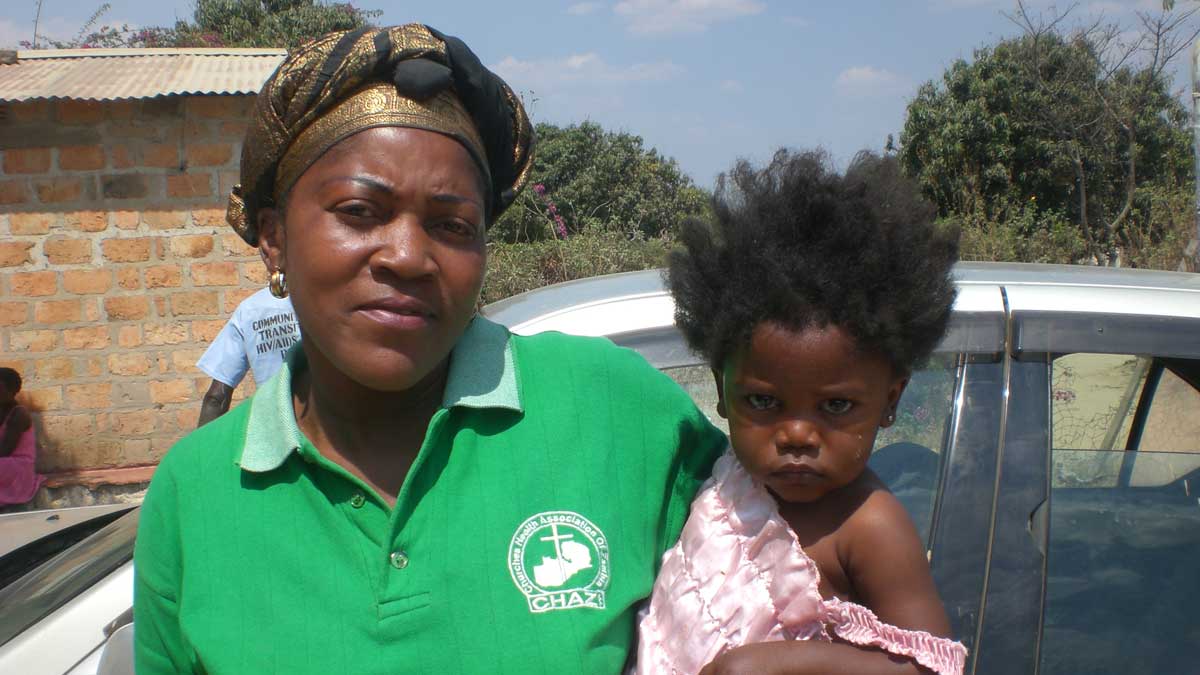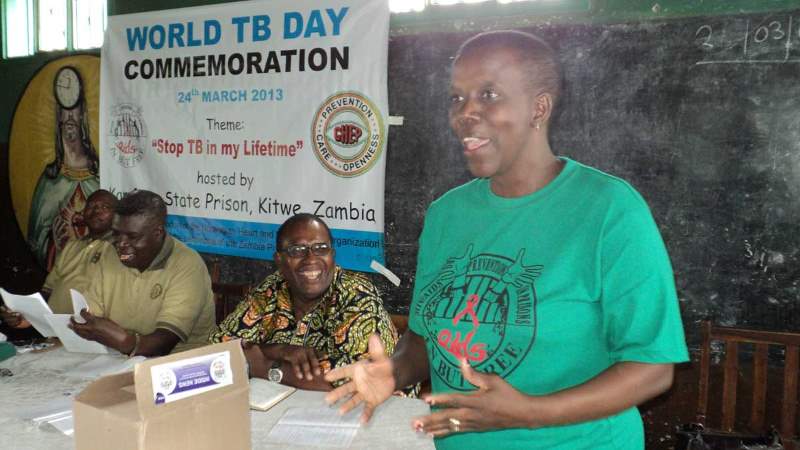
Zambia
Every year, over 60,000 people in Zambia get tuberculosis; close to 50 percent of these also have HIV. These are very high figures. The areas with the greatest prevalence of HIV also have the highest incidence of tuberculosis.
Zambia is a middle-income country, but it also has much poverty. The health system has few resources and few trained health care workers. Large distances make it difficult to get health care to everyone. Therefore, Zambia has long traditions of involving NGOs, especially in work directed toward people with tuberculosis and HIV.
Many people in Copperbelt Province in Zambia currently work or have worked in the large copper mines. Miners are at increased risk of getting tuberculosis due to inhalation of silica dust as well as cramped and unventilated work and living conditions.

Affiliates in Zambia
In Zambia, we have a long-term partnership with CHEP, and in 2015, we started up a new collaboration with In But Free. Norad supports LHL International's work in Zambia.
Copperbelt Health Education Project (CHEP) has been involving local communities in Copperbelt Province in HIV/AIDS prevention since 1988. In 2004, LHL International entered into a contract with CHEP to help strengthen local community participation in the fight against tuberculosis. Since 2018, the project has been focussing on health communication.
In But Free (IBF) is a small, volunteer-based organisation that has worked with preventing HIV in Zambian prisons since 1995. LHL International has collaborated with IBF through CHEP since 2012.
Our work in Zambia
Health communication
In 2015 we started a pilot project to train nurse tutors in three nursing colleges in Zambia. The aim is that health communication will be part of the national curricula for nurses, and we are partnering with the Ministry of Health and the General Nursing Council. We have also developed E-learning in health communication.
Prisons:
Those held in Zambian prisons are especially at risk for contracting tuberculosis. In But Free (IBF) and LHL International believe that it is unacceptable for inmates to be exposed to TB contagion during incarceration. Therefore, we have introduced TB screening of all new entries to 11 prisons in Copperbelt- and Central province. We also train prison employees and inmates about TB and HIV.
 Commemoration of World Tuberculosis Day at Kamfinsa State Prison in Kitwe, Zambia.
Commemoration of World Tuberculosis Day at Kamfinsa State Prison in Kitwe, Zambia.
Prisoners' peers disseminate information through roleplay, song, and conversation in the cells. In addition, they give help and support to inmates in treatment.
Read more about peer support work.
LHL International and IBF are now working toward compulsory screening for new inmates as well as follow-up of prisoners who are in treatment when they are released.
